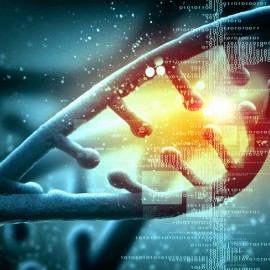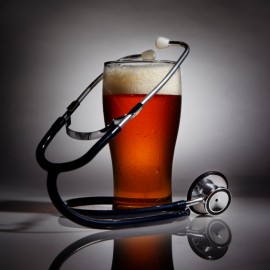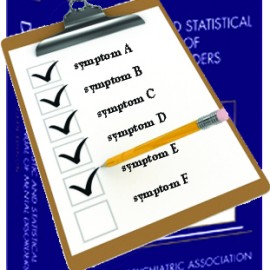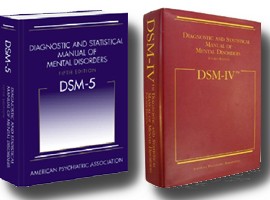Addiction
Genetic Marker for Alcoholism
There would presumably be a real advantage to a genetic profile that pinpointed those at special risk for alcoholism
Topics: alcoholism, research
Disease Arguments: The Sequel, Remake, etc.
Alcoholism has been around for nine or ten thousand years, but most of what science understands of brain function is less than eighty years old.
Topics: disease, disease model, stigma
Diagnosis: Towards Validity and Consistency
The way addicts and alcoholics themselves talk about their condition (“an emotional disease,” “a parasite the feeds on our emotions”, “an emotional cancer,” “a fear based disease”) is rarely considered in theories of addiction.
Topics: addiction and the brain, diagnosis
A Better Diagnostic Understanding of Addiction
While it may have similarities to other disorders, the emotional dysregulation that characterizes addiction is not the same.
Topics: addiction and the brain, co-occurring disorders, diagnosis
The Culture of Drug Use
After years in the drug world, it may not be easy for someone new to recovery to fit comfortably into the larger society. It helps to find people such as yourself– who used to use drugs but no longer do– to relate to.
Topics: early recovery, recovery support groups
DSM-5 versus DSM-IV
Craving has finally been added to the symptom list. I was never entirely clear on why it wasn’t included in DSM-IV, since there’s an impressive body of research on craving measurement.
Topics: assessment, craving, diagnosis, signs and symptoms
The War Within
It was never really about the job, or an article in Time, or anything except his own fervent desire to keep drinking and prove everyone else wrong.
Topics: alcoholism, loss of control, signs and symptoms
Hidden Withdrawal
In the early and middle stages of addiction, addicts may experience mild to moderate withdrawal symptoms without recognizing them.
Topics: detoxification, recognizing addiction, signs and symptoms
How Easy am I to Manipulate?
Their targets often know or strongly suspect they’re being manipulated, but give in anyway because they can’t figure out how to avoid it.
Topics: co dependency, enabling and provoking, resistance manipulation ambivalence

















